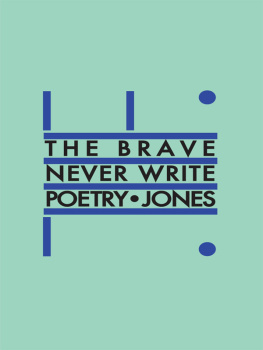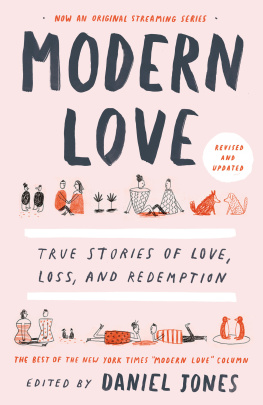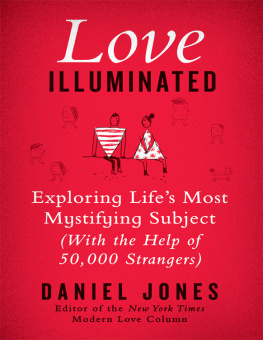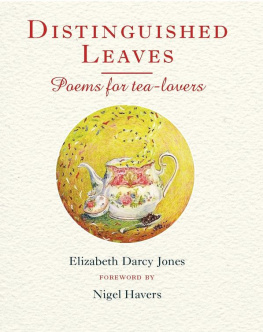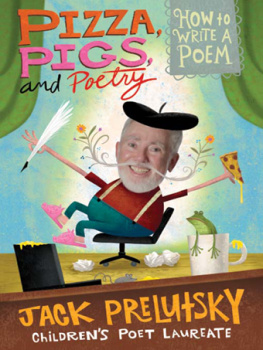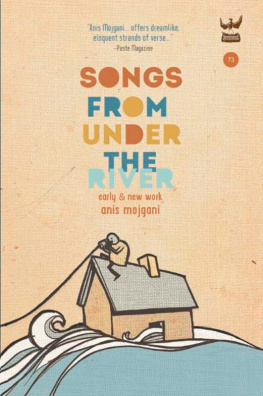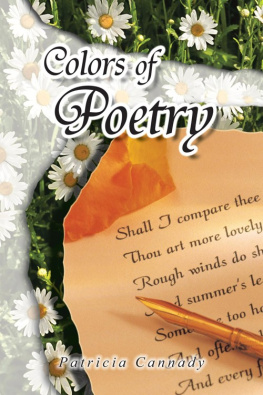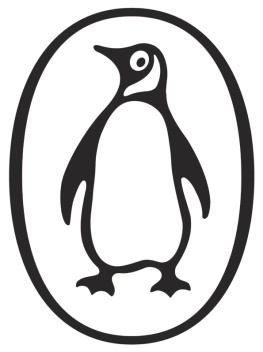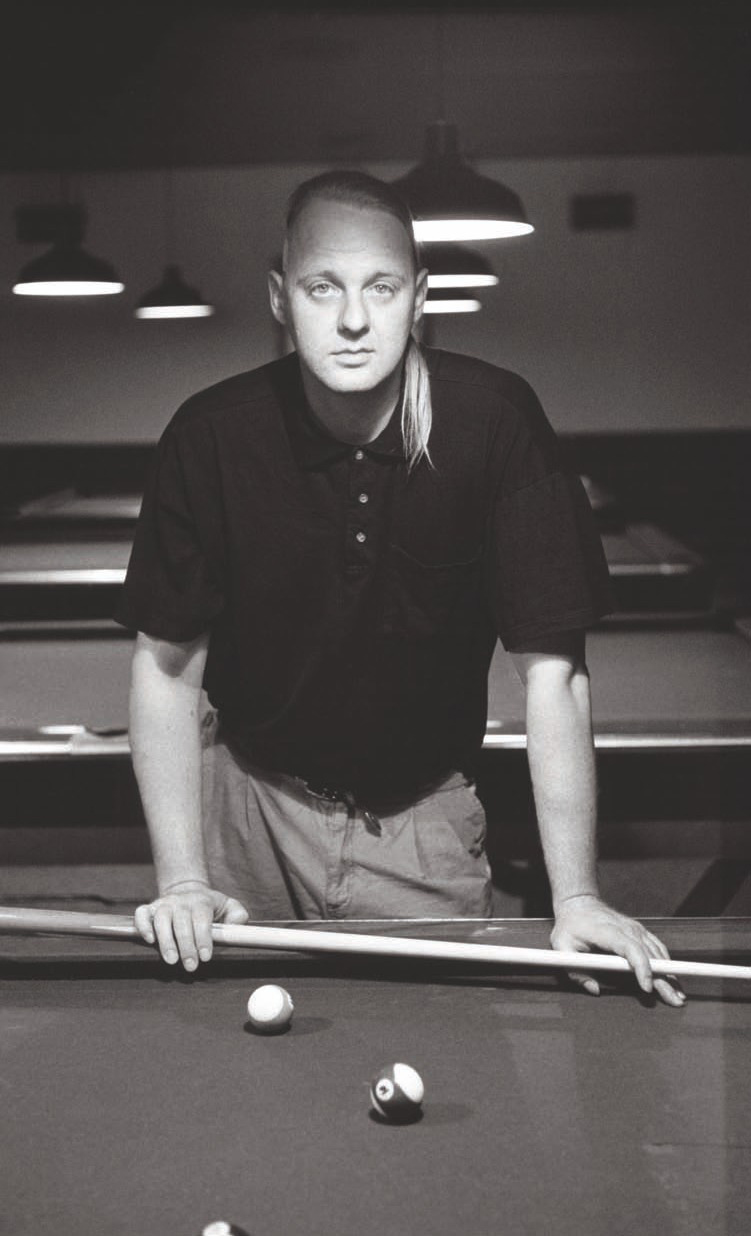THE BRAVE NEVER WRITE POETRYJONES
Coach House Books, Toronto
Copyright Jones, 1985; the estate of Daniel Jones, 2011
second edition
This epub edition published in 2011. Electronic ISBN 978 1 77056 286 8.

Published with the generous assistance of the Canada Council for the Arts and the Ontario Arts Council. Coach House Books also acknowledges the support of the Government of Canada through the Canada Book Fund.
Some of these poems have appeared (in various versions) in ActaVictoriana, The Greenfield Review, Inkstone, Koyo, No More Masterpieces,Piranha, Poetry Canada Review, Poetry Toronto, Swift Current,U.C. Review and Waves; as well as the anthologies Milkweed, OtherChannels: An Anthology of New Canadian Poetry and The TorontoCollection: An Anthology of the New Toronto Poets. The poems in the second section of this book were originally published as a limited-edition chapbook, Jack and Jill in Toronto, by Unfinished Monument Press in 1983, as were the haiku of the third section as Two CopsKissing by HMS Press in 1984.
LIBRARY AND ARCHIVES CANADA CATALOGUING IN PUBLICATION
Jones, 19591994
The brave never write poetry / Daniel Jones. -- 2nd ed.
Poems.
ISBN 978-1-55245-245-5
I. Title.
PS8569.O487B73 2011 C811'.54 C2011-901852-7
This ones for Robyn
I wanted to give myself to something, even something false
Yukio Mishima, Forbidden Colours
Foreword
In the summer of 1982 I decided that I would be A Poet.Since arriving in Toronto in 1977 (ostensibly for the purpose of studying the humanities at the University of Toronto a worthless undertaking from which I many times withdrew and finally abandoned), I had already written several hundred poems. Yet while many of my friends thought of me as a poet, I had little interest in refining my piles of scribblings, publishing them or reading them in public. For five years I worked at more than twenty odd jobs, spending my many free hours and days reading widely, travelling, wandering the streets and hitting the bars of Toronto, each day drinking excessively a habit I have indulged in since adolescence. My friends, with youthful aspirations to literature, were mostly off searching for something in Europe; I thought that I might have found whatever it was in the cantinas of southern Mexico and Guatemala. Mostly I wished to do as little as possible in terms of being a productive citizen, and Toronto seemed as fine a city as any for this. If I had any credo, it is best summed up by John Glassco in his Memoirsof Montparnasse: What do I mean to do with my youth, my life? Why, Im going to enjoy myself.
Then, in May 1982, through a government make-work program, I landed a desk job in the office of the League of Canadian Poets. The executive director at that time often said she had hired me because I had a cute ass and I was to do little more than keep out of the way, picking away at such menial tasks as she couldnt be bothered with. I admired her in some respects and the job was ideal. I would wander in late in the morning (already well into the days drinking), take long lunches at a nearby tavern, and leave whenever I was too drunk or sick to keep up a reasonable pretence of efficient idleness. There was a large library of members books, boxes of archival material, and a case of good scotch left over from some league function; I spent a pleasant summer absorbing each of these.
And that summer I took a good long stare up the asshole of the monster that had become Canadian Poetry. Prior to then, I had thought of poetry mostly in aesthetic terms. My own poetry was awkward, meditative, written in isolation and often imbued with the spirit of Zen. The poets I naively admired were great men and women, joyous and tragic saints far above the everyday world and yet writing the poems that could change that world. Few of the poets I admired were then members of the League, or at least not active members. Through my participation in that summers Annual General Meeting, the reading of the offices daily correspondence, and the endless telephone conversations, I discovered a massive and absurd mutual-admiration society where poetry was nothing more than the currency that bought greater currency grants, teaching positions, writer-in-residencies, government-financed reading tours, sex and ever-elusive fame. Half of the poets had nothing to say and no particular skill in saying it; in a way the quality of the poems was irrelevant. Most were professors, instructors and civil servants; they wanted two things a career in poetry and as big a slice of the Can. Lit.pie as they could lay their hands on. And these they would get in any way possible. Self-promotion, backstabbing, asslicking, bitching and fighting for readings and contracts were the order of the day. Canadian poetry had become a huge and corrupt bureaucracy. It was ugly, cynical, full of pettiness and hatred. I loved it. I too wanted a slice of the pie. I was going to be A Poet.
That fall the executive director of the League moved up the ladder of Canadian bureaucratic manipulation and fled to Ottawa. Suddenly faced with having to work if I wanted to stay on, I too fled back to my old life of relative idleness. I had a pleasant study in the attic of an old house on Bathurst Street south of Queen, a large collection of books, a portable German typewriter, and the beer and wine stores were only two blocks away. From this base of operations, I began to write prolifically, organize readings for myself, occasionally mail stuff out to the literary rags and hobnob with other poets; essentially I was playing the poetry game. In the winter of 1983 Unfinished Monument Press brought out a chapbook of the best of the poems I had written during that period. Most of those poems are reprinted here, in the second section of this book, for the most part unaltered except for errors in the original printing.
From 1981 to 1983 I also wrote a large number of haiku, the best of which were collected and published by HMS Press in the winter of 1984. Most of these are reprinted in the third section of this book, along with the original introduction to that chapbook. It should be noted that dates and the chronology of events mentioned in that introduction are somewhat inaccurate due to my faulty memory and do not correspond with some of what has been written here.
Just prior to the publication of Jack and Jill in Toronto, my personal life began to take a rather bad turn. I had destroyed a relationship with a woman I loved, my drinking was completely out of my control, I had no money, was too sick to work and badly in debt. I moved to a rooming house on Adelaide Street and managed to hang on for another several months, borrowing money, playing the horses, often ending up in a detox centre and somehow producing a large body of poems that have never seen print and probably never will. In the spring of 1984 I found myself in the psycho ward of Toronto Western Hospital.
It was during this residency, while in the state of heightened perception only possible during extreme alcohol withdrawal, that I first thought out the idea of a massive book (originally something on the scale of Progress Publishers collected writings of Marx) to be called

